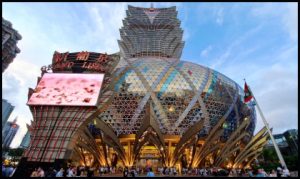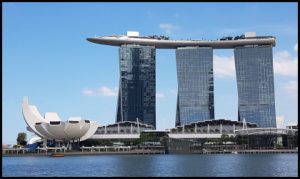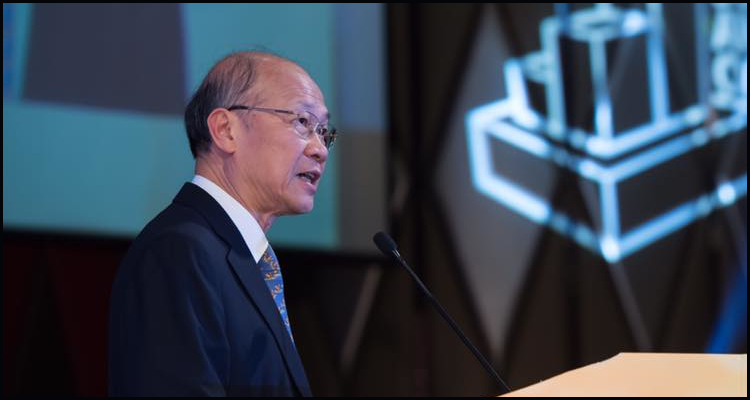The boss for Macau casino operator SJM Holdings Limited has reportedly asked the local government to consider handing out tax breaks so as to help gambling firms recover from the financial impacts of the enclave’s recent 15-day shutdown.
According to a report from GGRAsia citing an earlier story from the Hong Kong Economic Journal, Macau took the drastic step of closing every one of its 39 active casinos from February 4 in order to help stop the spread of the highly-contagious coronavirus strain that is currently ravaging through neighboring China. All of these venues were allowed to partially re-open earlier today although MGM Resorts International and Wynn Resorts Limited purportedly recently admitted that the temporary shuttering is set to cost their local gaming operations up to $22.5 million and $39 million respectively.
Reduced rates:
Ambrose So Shu Fai (pictured) serves as Chief Executive Officer and Vice-Chairman for SJM Holdings Limited and reportedly detailed that the 15-day stoppage has also hurt his own company’s financials. The executive purportedly stated that he would now like to see the local government help to lessen the negative impacts of the recent halt by handing out rebates on what he termed ‘gaming-related taxation’ and lowering the premiums casino firms are required to pay for every slot and gaming table they operate.
Tax trepidation:
Macau is home to some of the world’s largest and most famous gambling venues including the iconic Casino Grand Lisboa from SJM Holdings Limited with all of these properties reportedly required to pay a 35% gross gaming revenues tax. But the government moreover purportedly imposes an annual duty of approximately $120 on every slot that is operated by a local casino alongside levies of around $37,400 for each VIP gaming table and about $18,700 for their mass-market counterparts.
According to the source, the imposition of these premiums takes the effective tax rate for casinos in Macau up to around 39% with SJM Holdings Limited particularly hurt due to the fact that such tolls on gaming tables alone annually costs it almost $39 million.
Financial factors:
So reportedly told the newspaper that the government of Macau should take into account the ‘operational difficulties’ many casino operators are experiencing as a result of the coronavirus scare and that the scale of any subsequent recovery is now likely to hinge on the effectiveness of controls implemented in China. He purportedly furthermore explained that the local gaming industry would be particularly helped by the lifting of border controls and the subsequent resumption of ferry services to and from Hong Kong.
Gentle escalation:
The executive additionally announced that his firm has now partially re-opened the casino floors of its Casino Grand Lisboa and Casino Lisboa venues and that these Macau properties held around 50% of the operator’s estate of gaming tables. He purportedly went on to clarify that a number of other local casinos run under licenses held by SJM Holdings Limited including Casino Oceanus at Jai Alai, Casino Eastern, Casino Macau Jockey Club and Casino Taipa had so far not recommenced operations.
Singapore sympathy:
In related news, a Tuesday  report was used to detail that the government for Singapore has included coronavirus-related relief measures for the local tourism sector in its budget for 2020. These purportedly include a 10% property tax rebate for the city-state’s Marina Bay Sands and Resorts World Sentosa integrated casino resorts alongside a year-long stay on a coming 2% hike in the rate of gaming sales tax to 9%.
report was used to detail that the government for Singapore has included coronavirus-related relief measures for the local tourism sector in its budget for 2020. These purportedly include a 10% property tax rebate for the city-state’s Marina Bay Sands and Resorts World Sentosa integrated casino resorts alongside a year-long stay on a coming 2% hike in the rate of gaming sales tax to 9%.
Inconsequential impact:
Samuel Yin Shao Yang from Malayan Banking Berhad reportedly told Inside Asian Gaming that these measures will likely have no material effect on Singapore’s yearly earnings estimates through to the end of 2021 as Resorts World Sentosa is now likely to save only about $2.7 million on its annual $27 million property tax bill.



